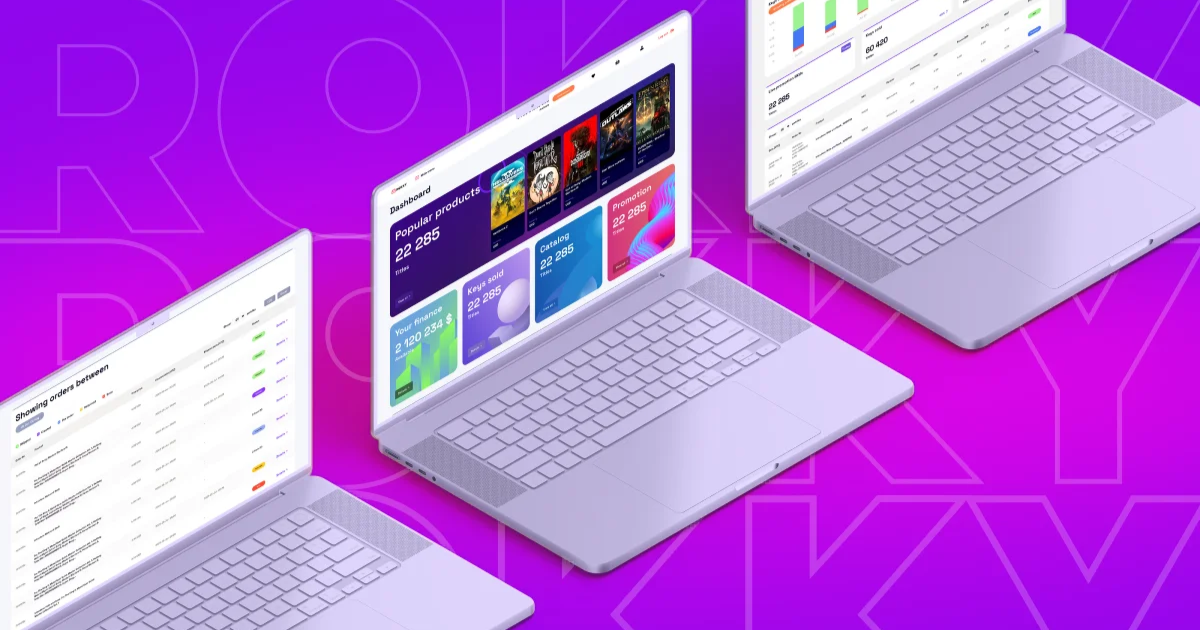Despite facing increased competition in the space, not least from the Epic Games Store, Valve’s platform is synonymous with PC gaming. The service is estimated to have made $10.8 billion in revenue during 2024, a new record for the Half-Life giant. Since it entered the PC distribution space back in 2018, the rival Epic Games Store has been making headway – and $1.09 billion last year – but Steam is still undeniably dominant within the space.
Valve earns a large part of its money from taking a 20-30% cut of sales revenue from developers and publishers. Despite other storefronts opening with lower overheads, Steam has stuck with taking this slice of sales revenue, and in doing so, it has been argued that Valve is unfairly taking a decent chunk of the profits of developers and publishers.
This might change, depending on how an ongoing class-action lawsuit initiated by Wolfire Games goes, but for the time being, Valve is making money hand over fist selling games on Steam. The platform boasts over 132 million users, so it’s perfectly reasonable that developers and publishers feel they have to use Steam – and give away a slice of their revenue – in order to reach the largest audience possible.



Excuse my frank speech but that’s absolute bollocks and lacks any understanding at all of how a monopoly works.
Is there a monopoly though?
Other store fronts exist. They are usable and often sell the same games. It’s not Nestle owning half the food options in every food store, this is whole foods, vs all the other grocery stores.
You can get game pass and stream your games and never own them past your subscription lasts.
Or the Microsoft game store which isn’t great but exists. GOG gives you installers and has big games on it.
Fanatical, GMG, Humble Bundle, are all store fronts. You could even consider Nintendo and PlayStation to have their own game storefronts while needing their hardware.
Is Steam a monopoly?